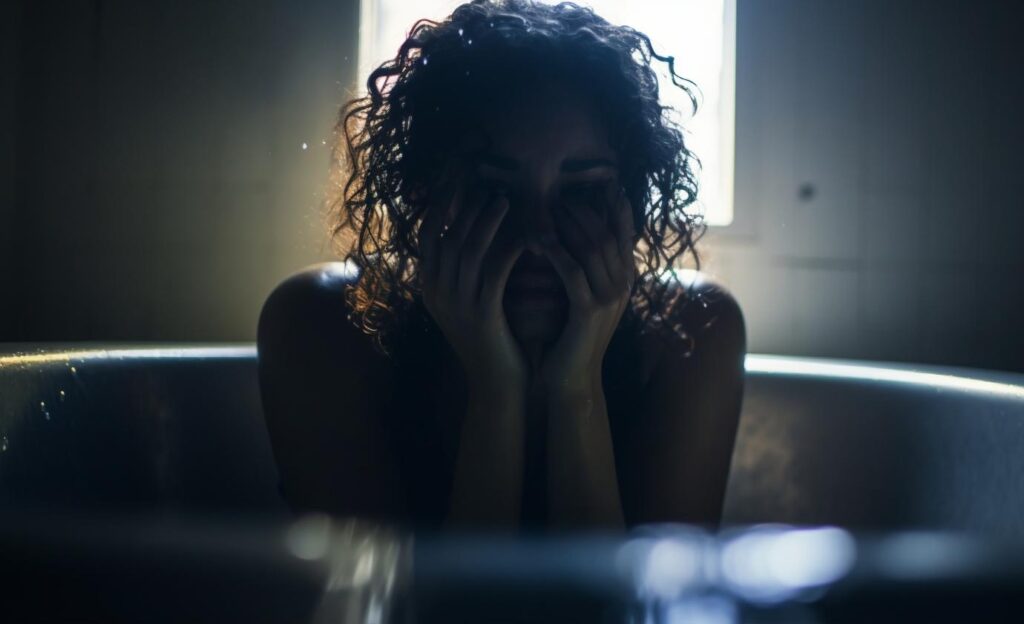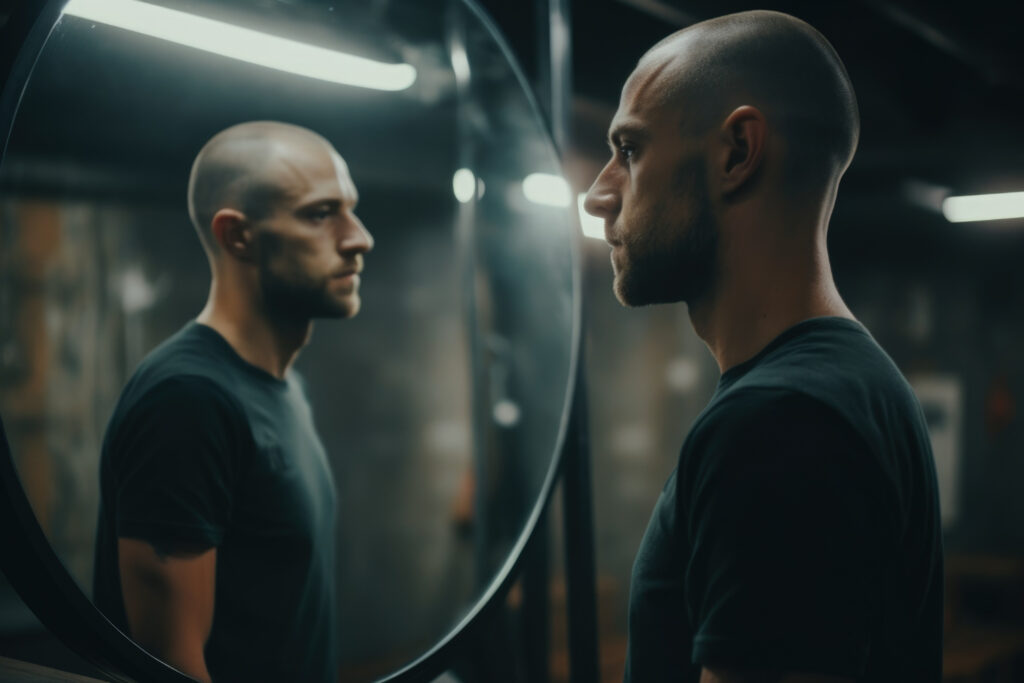Have you ever caught yourself obsessively checking the mirror, counting fallen strands in the shower drain, or scrolling through endless before-and-after photos online? If thinning hair has become your daily preoccupation, you’re far from alone. But what if that constant worry about your hairline is actually pointing to something deeper?
When Hair Loss Becomes an Emotional Burden
For Jake, a 32-year-old marketing executive from Chicago, the first signs of thinning at his temples sent him into a tailspin. “I started avoiding social events, especially those with bright overhead lighting. I’d spend an hour each morning trying different styling techniques, only to feel self-conscious all day anyway,” he confesses.
This experience resonates with millions. Research suggests that up to 60% of men and nearly 50% of women will experience noticeable hair loss during their lifetime. But the emotional impact? That’s harder to quantify.
The Hidden Connection Between Hair Loss and Social Anxiety
Here’s where things get interesting. When researchers at the University of Pennsylvania studied the psychological effects of hair loss, they found something unexpected: many people weren’t just concerned about the physical change – they were anxious about how others would perceive them.
“There’s a fascinating psychological phenomenon at play,” explains Dr. Sarah Bennett, a social psychologist who studies body image perceptions. “Hair loss itself doesn’t typically cause physical discomfort, yet it ranks among the most distressing appearance-related concerns. This suggests the anxiety stems from social interpretation rather than physical experience.”
In other words: are we actually anxious about losing hair, or are we anxious about losing social capital?
The Social Currency of Hair
Throughout history and across cultures, full, healthy hair has symbolized youth, vitality, and attractiveness. From Samson’s legendary locks to modern celebrity hair transplants making headline news, our collective obsession with hair runs deep.
“Hair represents so much more than just physical appearance,” notes cultural historian Martin Reynolds. “It’s tied to our identity, our sense of belonging, and our perception of how others value us.”
This creates a perfect storm for anxiety when hair loss enters the picture: not only are we dealing with physical changes, but we’re also subconsciously calculating a perceived loss of social standing.
Signs Your Hair Anxiety Might Actually Be Social Burnout
If you recognize several of these patterns, your hair concerns might be tangled up with broader social exhaustion:
- You worry more about hair loss before social events than when spending time alone
- You’ve declined invitations specifically due to concerns about your appearance
- You frequently compare your hair to others in social settings
- You feel relief when events are canceled, partly because you won’t have to worry about your appearance
- You’ve noticed increased hair-related anxiety during particularly stressful periods at work or in relationships
- You spend significant time researching solutions but feel overwhelmed rather than empowered
The Mirror Effect: How Social Media Amplifies Hair Anxiety
Today’s digital landscape has transformed hair loss from a private concern to a public conversation. While this brings valuable awareness and community support, it also creates new pressures.
“I started following hair loss forums for advice,” shares Mia, a 29-year-old experiencing postpartum hair thinning. “But I found myself comparing my ‘bad hair days’ to others’ ‘after’ photos. Eventually, I realized I was spending hours each week just scrolling through these forums, feeling worse each time.”
Social media’s constant comparison trap can transform normal hair variations into perceived catastrophes, especially when we’re already feeling socially vulnerable.
Breaking the Cycle: Addressing the Root Causes
If hair anxiety has become all-consuming, consider whether social burnout might be the underlying issue. Here are approaches that have helped others find balance:
1. Practice perspective shifts
When anxiety spikes, try this mental exercise: imagine your closest friend experiencing your exact situation. What would you say to them? Would you judge them as harshly as you judge yourself? This compassionate distance can help recalibrate your thinking.
2. Examine your social environment
Sometimes, hair anxiety intensifies in certain social circles. “I was obsessed with my receding hairline when working in fashion,” recalls Thomas, 41. “But when I changed careers to teaching, I realized almost nobody noticed or cared. My anxiety dropped dramatically.”
Consider whether certain relationships or environments consistently trigger your appearance concerns. Sometimes, the healthiest approach is creating boundaries around these interactions.
3. Rebuild social confidence gradually
If you’ve been avoiding social situations due to appearance anxiety, consider low-pressure ways to rebuild that muscle. Start with activities focused on shared interests rather than appearance – like hiking clubs, cooking classes, or volunteer opportunities where the focus remains on what you’re doing rather than how you look.
4. Recognize the difference between problem-solving and ruminating
There’s a crucial difference between researching practical solutions and falling into obsessive thinking patterns. Set specific time limits for hair-related research, and balance this with equal time invested in activities that recharge your social batteries.
Finding Your Way Forward
Hair loss remains a complex issue with physical, emotional, and social dimensions. While exploring appropriate hair care practices certainly has value, addressing the underlying social anxiety often brings more immediate relief.
“Once I realized my hair obsession peaked during periods of social burnout, I started addressing both sides of the equation,” explains Jake, who now uses basic hair maintenance techniques but has also transformed his approach to social situations. “I’m more selective about social commitments, I’ve learned to redirect appearance-focused thoughts, and I’ve found communities where I feel valued beyond my appearance.”
Perhaps the most powerful shift comes from recognizing that hair anxiety, like many appearance concerns, often masks deeper questions about belonging, acceptance, and social value. By addressing these root causes, many find not just relief from hair-related stress, but a more authentic way of moving through social spaces.

Disclaimer: This article discusses psychological aspects of hair concerns and does not provide medical advice. The experiences shared represent individual perspectives and should not replace consultation with appropriate healthcare providers. If hair loss is sudden or severe, please consult a medical professional, as it may indicate underlying health conditions requiring attention.



